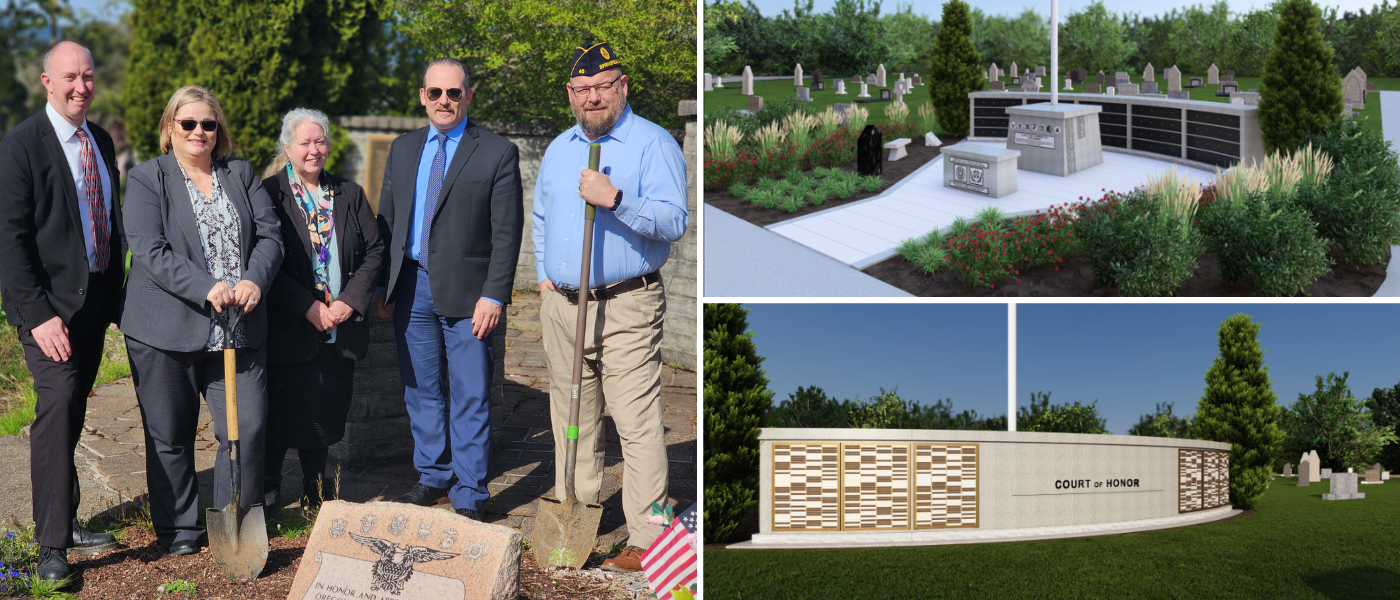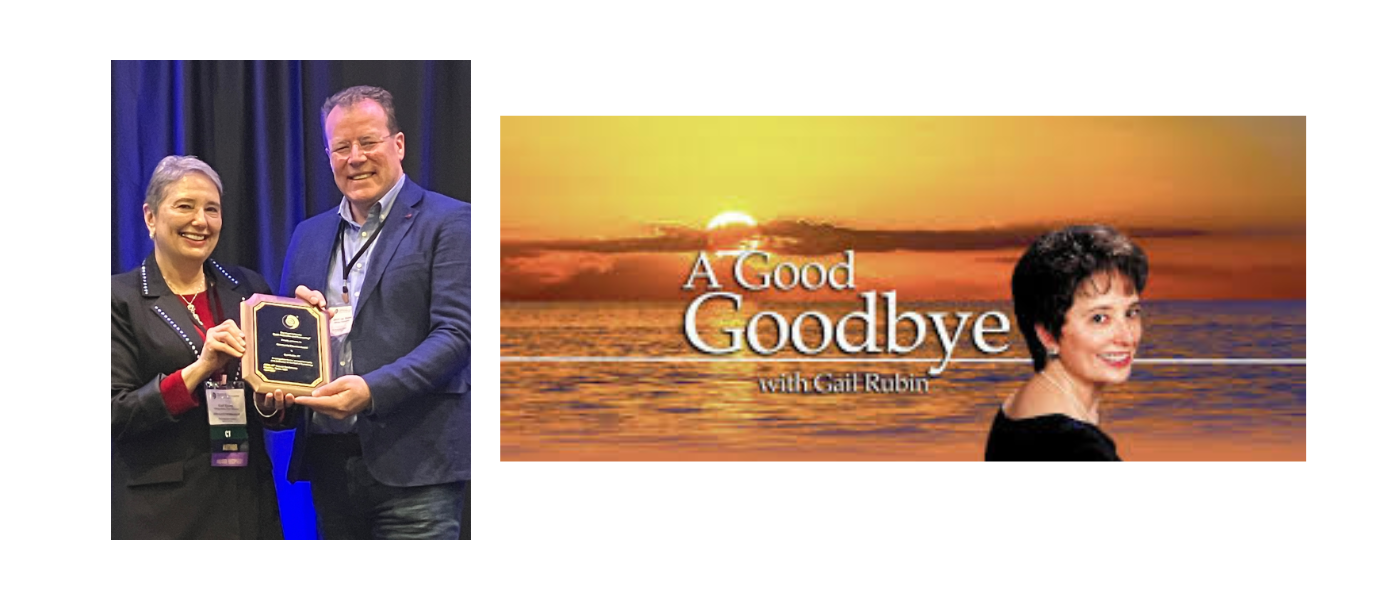Funeral Director Found Guilty of Stealing Body Parts

NEWARK — Her hands trembling and her eyes welling with tears, Robin Samoilow today faced down the former Newark funeral director who had allowed her father’s body to be desecrated and sold for parts on the medical transplant market.
“My memories of my dad should be wonderful images of the man he was, not the images of his butchered body and feeling as if justice did not prevail,” Samoilow said in Superior Court at the sentencing of Stephen Finley, the disgraced former mortician.
Finley, who is already serving five years in prison for his role in a scheme to illegally harvest body parts for resale, was sentenced today to an additional 18-month term for practicing mortuary science without a license.
Authorities say the ghoulish crime stretched across three states and included 1,000 bodies and more than a dozen funeral directors.
Samoilow, 55, of Roselle Park, also took aim at the Essex County Prosecutor’s Office, saying she felt “wildly victimized” by its unwillingness to inform relatives about the crime or more aggressively pursue the case.
She leveled her sharpest criticism at former Prosecutor Paula Dow — now state Attorney General — who was in charge at the time, and at Carolyn Murray, the current acting prosecutor who was first assistant prosecutor under Dow.
Dow and Murray met with the victims’ families last fall, a meeting Samoilow attended.
“There was no apology, no responsibility taken. And I felt no empathy or compassion,” Samoilow said. “There was a room full of people who walked out feeling victimized all over again because while she (Dow) listened to our concerns, she did nothing for us in return.”
More recently, the prosecutor’s office, through Dow, has been trying to make amends.
Dozens of New Jerseyans whose relatives were violated did not learn about the crime until early 2010 — Samoilow’s father, Albert Teufel, died in 2005 — months after Finley had pleaded guilty to a single count of desecrating human remains.
The 48-year-old is alleged to have allowed teams of “cutters” to remove parts — without permission — from nearly 100 bodies in his funeral home from 2001 to 2005. None of the stolen parts was screened for disease, as required by law.
When relatives were finally informed of the crime, they learned about it from the Brooklyn District Attorney’s Office in New York, which uncovered the scheme.
Fraudulent contact information thwarted an initial attempt by the Essex County Prosecutor’s Office to reach relatives, but no further effort was made.
The prosecutor’s office has been trying to right that wrong ever since, meeting with and apologizing to the families, and securing Finley’s guilty plea for practicing without a license.
In court today, Assistant Prosecutor Eileen Cosgrove reiterated that feeling.
“The system has failed,” she said, “and I am very sorry for that.”
Finley stood passively through the 25-minute proceeding, but did not speak. His attorney, Alan Bowman, said his client was “very sorry,” and “understands the eternal hurt and disappointment he caused. He carries this burden.”
A hearing scheduled for June 30 will determine whether Finley may use the prison time already served as credit toward his most recent sentence. The prosecutor’s office is opposed to that, saying the so-called “gap time,” which would amount to 745 days of credit, does not apply.
Sentencing also gave relatives like Samoilow the opportunity to confront Finley for the first time.
Barbara Bornstein, 68, of Maplewood, used her time to talk about her cousin, Alan Geller, his struggles through life, the joyous final Thanksgiving they spent in 2004 and her decision to contact Finley after his death.
“His body never should have been desecrated,” she said. There is anger, but most of all, enduring pain. “I am overwhelmingly sad.”



